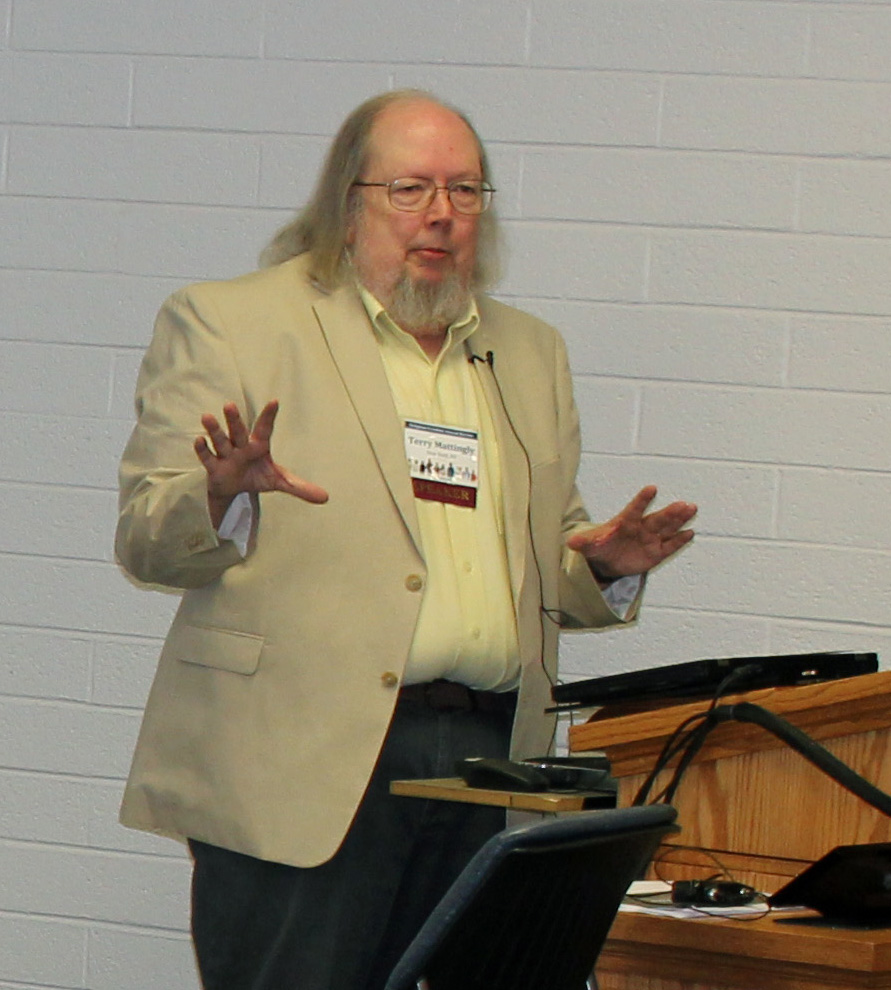Workshop: Media Stream: The Seven Deadly Sins of the Religion Beat – Terry Mattingly

by Diana Flores, 2018 ICLRS Student Fellow
Terry Mattingly, nationally syndicated religion journalist and founder and editor of GetReligion, as well as Senior Fellow for Media and Religion at The King’s College in New York City, spoke on Thursday, 21 June 2018 on seven deadly sins of religion writing. Professor Mattingly stated his seven deadly sins in the affirmative when actually meaning the negative.
Deadly Sin No. 1: Use simplistic labels as often as possible (for example, moderate or fundamentalist). Mattingly explained that simplistic labels do not tell us what people actually believe. In general, do not use a label such as fundamentalist unless the religious group uses the term as a way of self-identification.
Deadly Sin No. 2: Assume that religion equals politics. Professor Mattingly stated that this is the basic worldview of many newsrooms, however, the press cannot simply assume that a religious person is acting based on political beliefs.
Deadly Sin No. 3: Treat religious doctrines and traditions as mere opinions.
Deadly Sin No. 4: Be lazy; always settle for a quote or two from someone with an authoritative title or the same activist you’ve interviewed time and again. Mattingly explained that this is a form of media bias. He frequently tells his students that the most important skill in journalism is the ability to accurately quote the viewpoints of people on the other side.
Deadly Sin No. 5: Focus on the lurid side of religious life.
Deadly Sin No. 6: Always focus on the big things and ignore the small. Always cover the national and ignore the local. Mattingly argued that the best coverage of religious news occurs at the local level. For example, one cannot discuss the decline of Roman Catholic schools or the clergy without discussing the link between birthrate and religious beliefs.
Deadly Sin No. 7: Ignore the role that religion plays in other important aspects of modern life. Mattingly explained that religion affects how millions of people spend and live their lives. He ended by stating that if you omit religion from the story you have not covered the whole story.